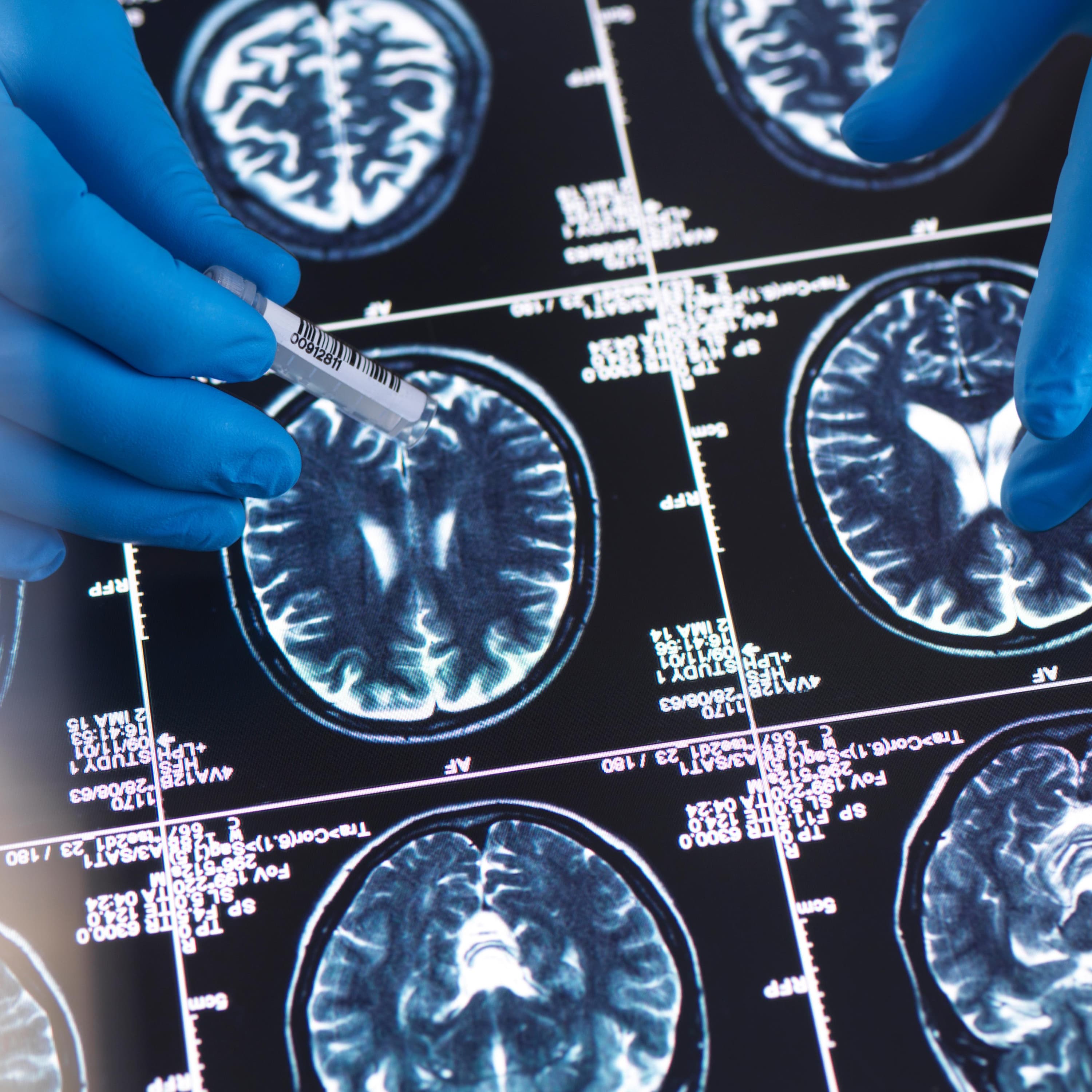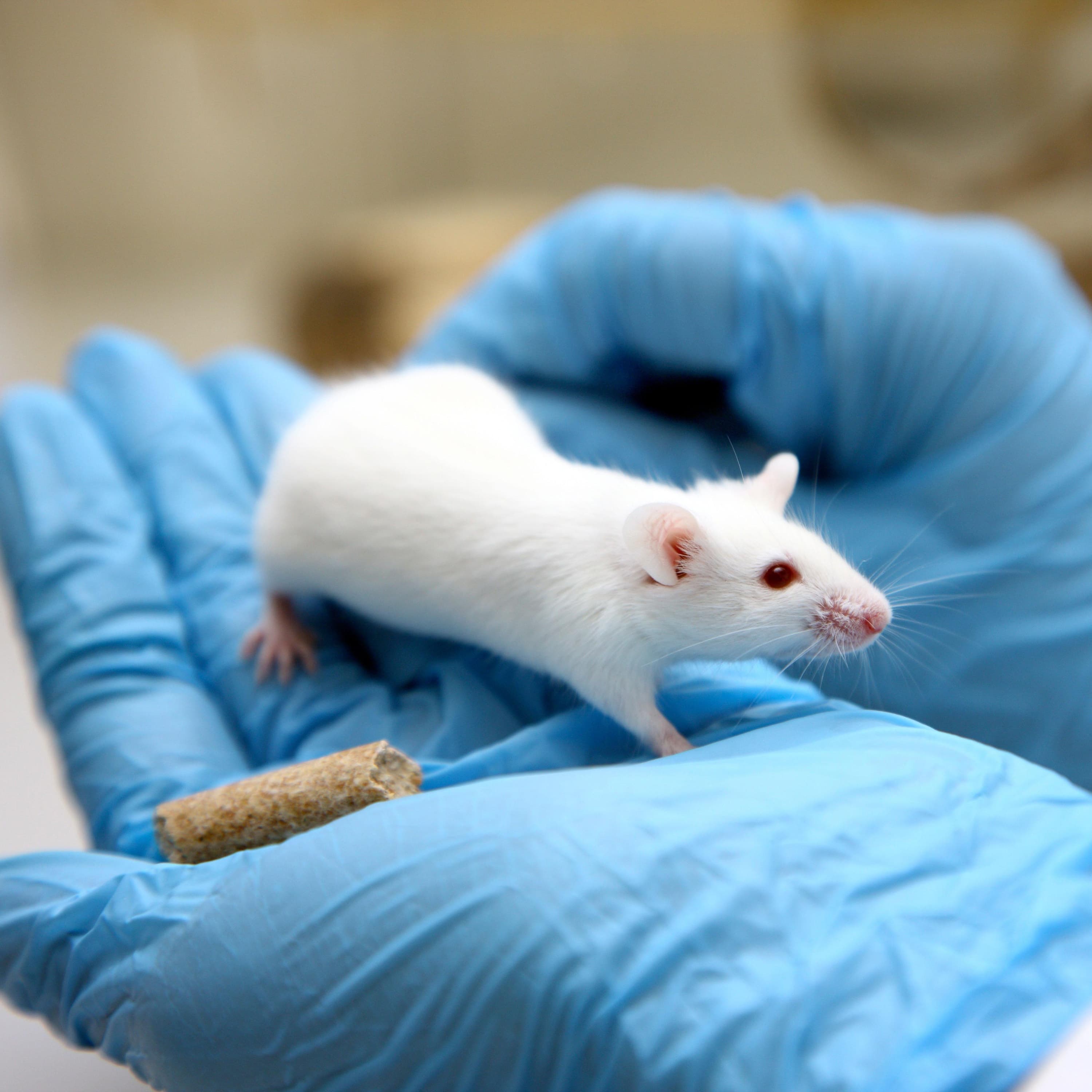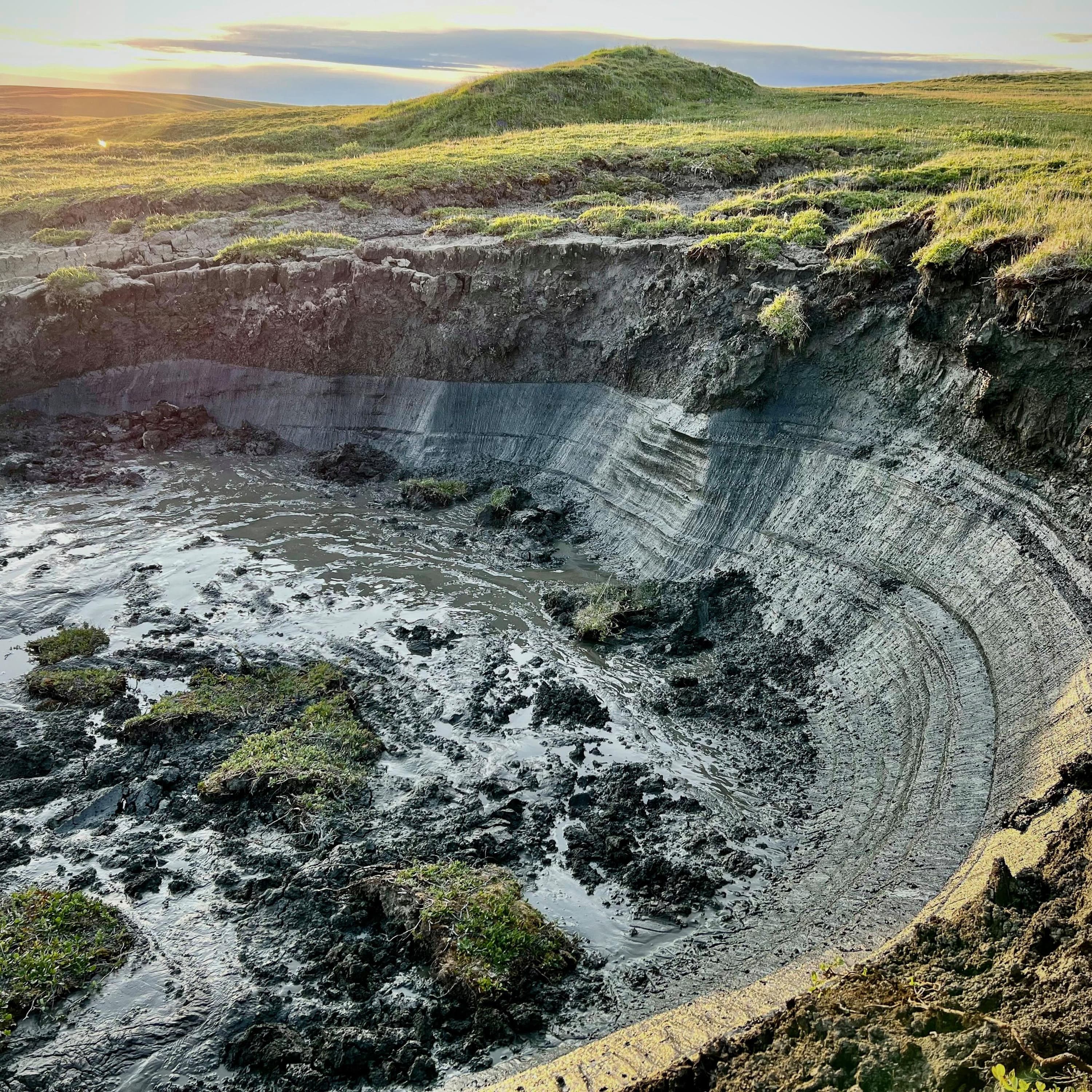
Tin cans and chicken bones: will ‘technofossils’ be humanity’s lasting legacy?
Loading player...
When the palaeontologists of the future search for clues to understand how we lived, what might they find? Two scientists exploring this question have suggested that ‘technofossils’ will be our lasting imprint on the Earth. To find out exactly what these are and what they could reveal about our lives, Madeleine Finlay hears from the Guardian’s environment editor, Damian Carrington, and from Sarah Gabbott, a professor of palaeontology at the University of Leicester and one of the scientists behind the new book Discarded: How Technofossils Will Be Our Ultimate Legacy. Help support our independent journalism at theguardian.com/sciencepod





